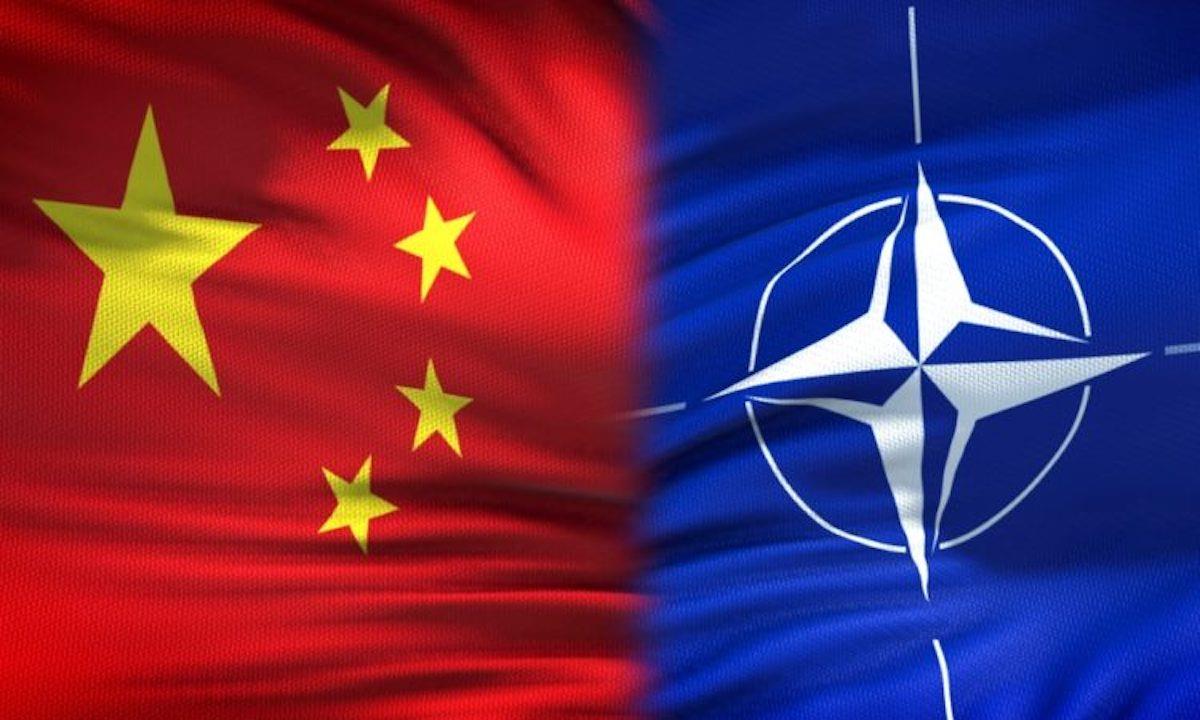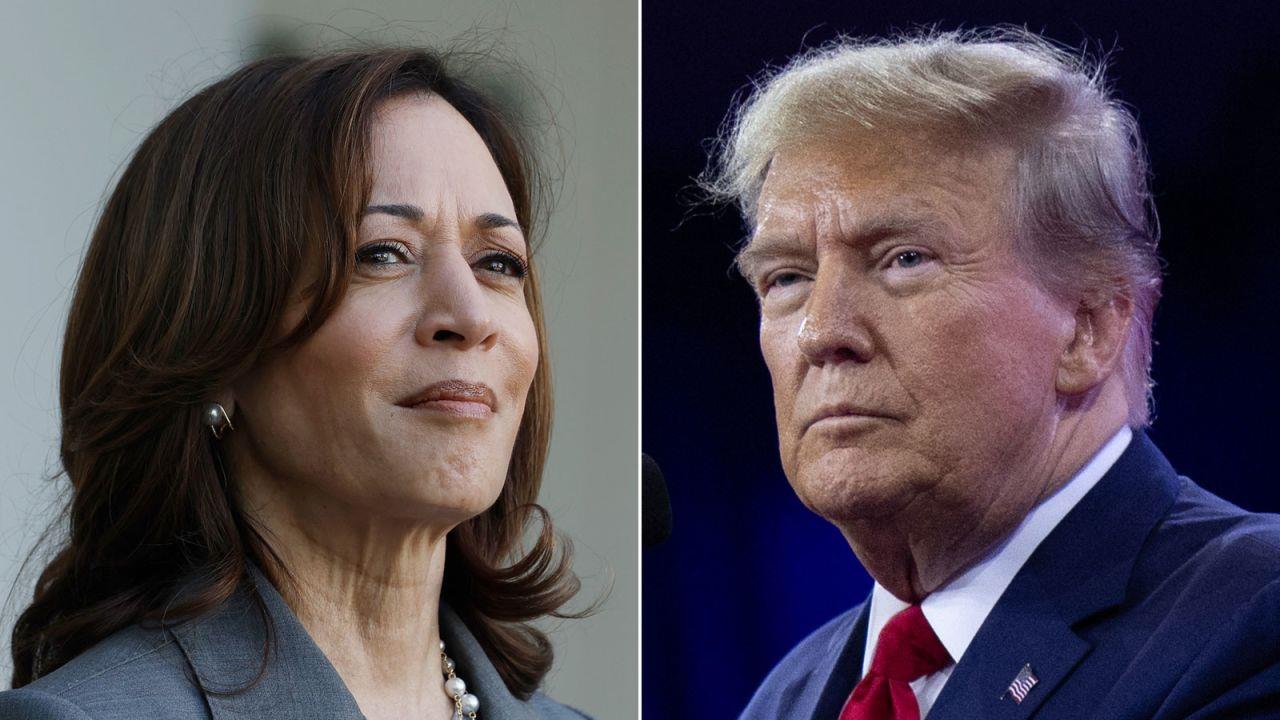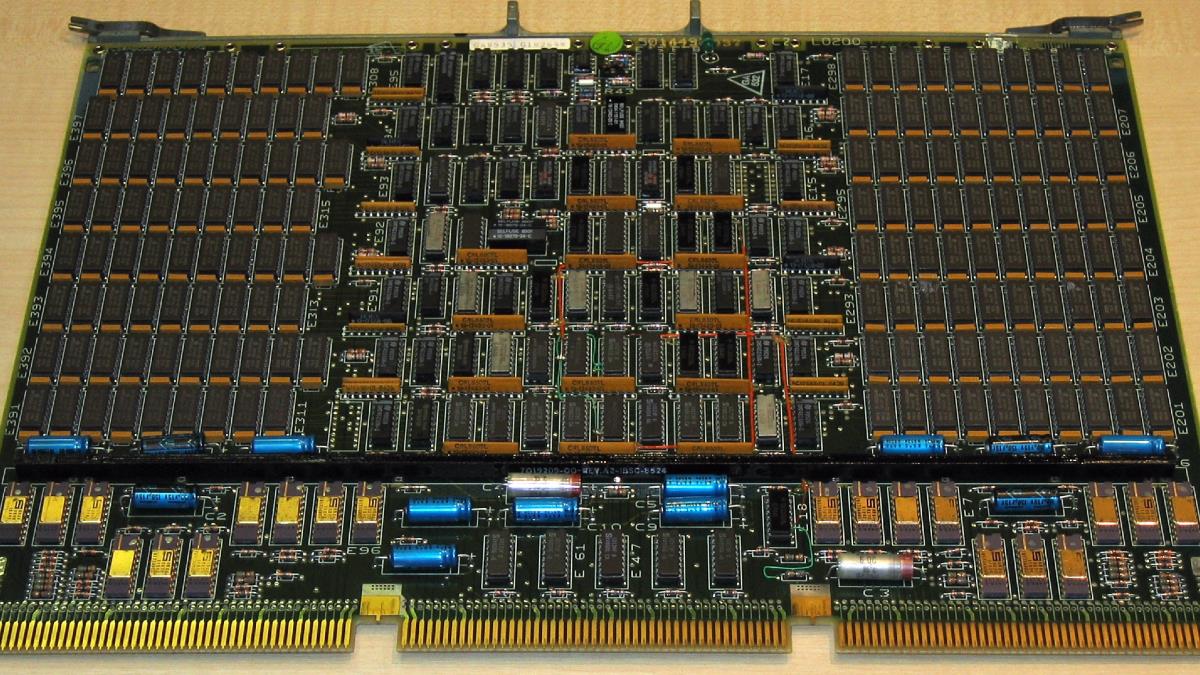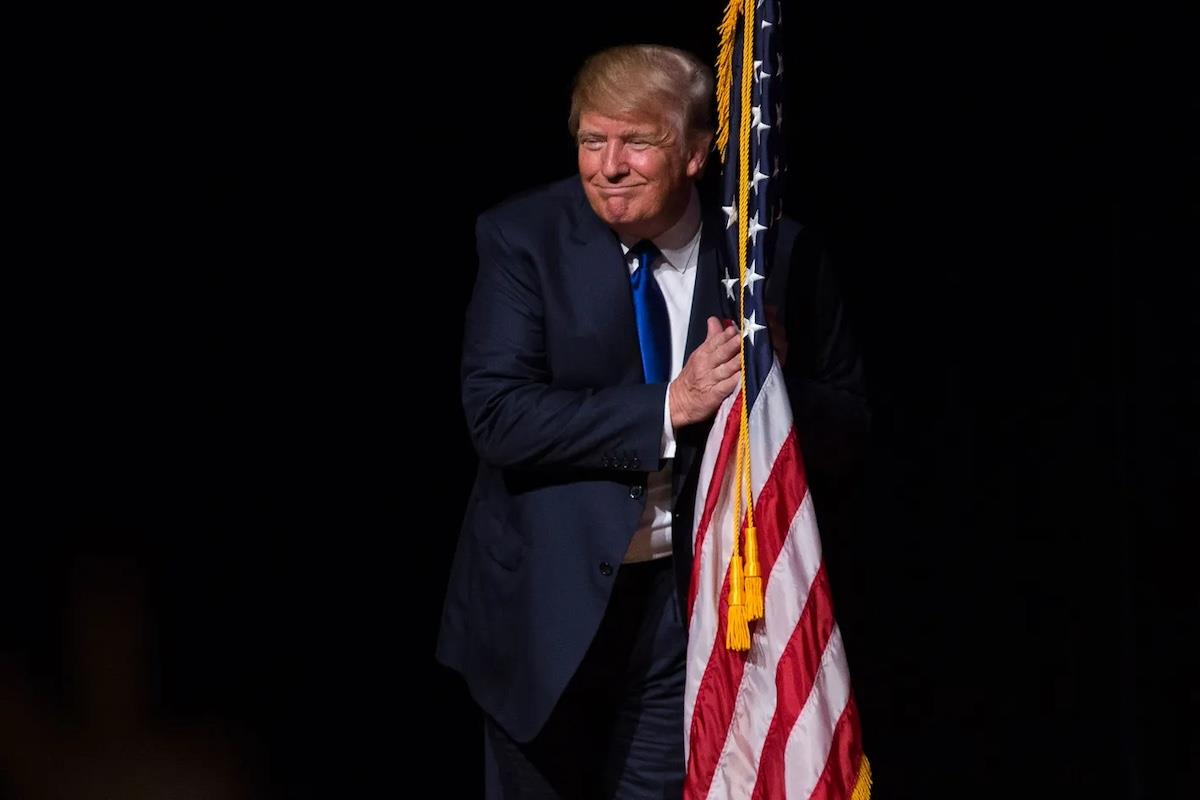
No Need For An Asian NATO To Counter China
NATO heads of state gathered in Washington last week for the alliance's 75th anniversary summit. While summit deliverables were predictable, China had a surprisingly central role in summit deliberations.
The Asian superpower was a top agenda item for NATO, increasingly called out for any number of perceived sins, including the People's Liberation Army's bellicose behavior in the East China Sea and South China Sea, its strategic partnership with Russia and attempts to undermine the so-called rules-based international order.
“The People's Republic of China's stated ambitions and coercive policies continue to challenge our interests, security and values,” NATO stressed in its joint communique.
NATO's invitation to the Indo-Pacific Four (IP4) grouping of Australia, Japan, New Zealand and South Korea for a third consecutive year demonstrated the organization's intent to increase coordination and collaboration with Asian powers on China.
While the United States and NATO leadership did not explicitly frame the meetings as a counter-China effort, the subtext was certainly there.
Europe and East Asia - one domain?In recent years, experts and officials in growing numbers have argued that Europe can't be walled off from East Asia - and vice-versa. A security crisis in the South China Sea, the logic goes, could negatively impact Europe's economic health; a conventional conflict in Europe could allow China to press its advantage while the West finds itself distracted.
As US Secretary of State Antony Blinken said on July 1,“there's strong recognition that the two theaters ... are linked.”
Japanese Prime Minister Fumio Kishida has been a main proponent of the linkage theory, contending that“Ukraine today may be the East Asia of tomorrow.” This isn't altogether inaccurate. Russian President Vladimir Putin's visit to North Korea in June, his first in nearly a quarter-century, has security implications for both Europe and East Asia.
Putin's and Kim Jong Un's new comprehensive strategic partnership accord, which aims to improve bilateral relations, enhance trade ties and provide mutual assistance should either country suffer an act of aggression, could exacerbate ongoing security challenges in Ukraine and the Korean Peninsula.
North Korea's supply of munitions to Russia and Russia's rumored assistance to North Korea in satellite technology amount to a lose-lose proposition for countries from Germany, Poland and Ukraine to Japan and South Korea.

Legal Disclaimer:
MENAFN provides the
information “as is” without warranty of any kind. We do not accept
any responsibility or liability for the accuracy, content, images,
videos, licenses, completeness, legality, or reliability of the information
contained in this article. If you have any complaints or copyright
issues related to this article, kindly contact the provider above.






















Comments
No comment